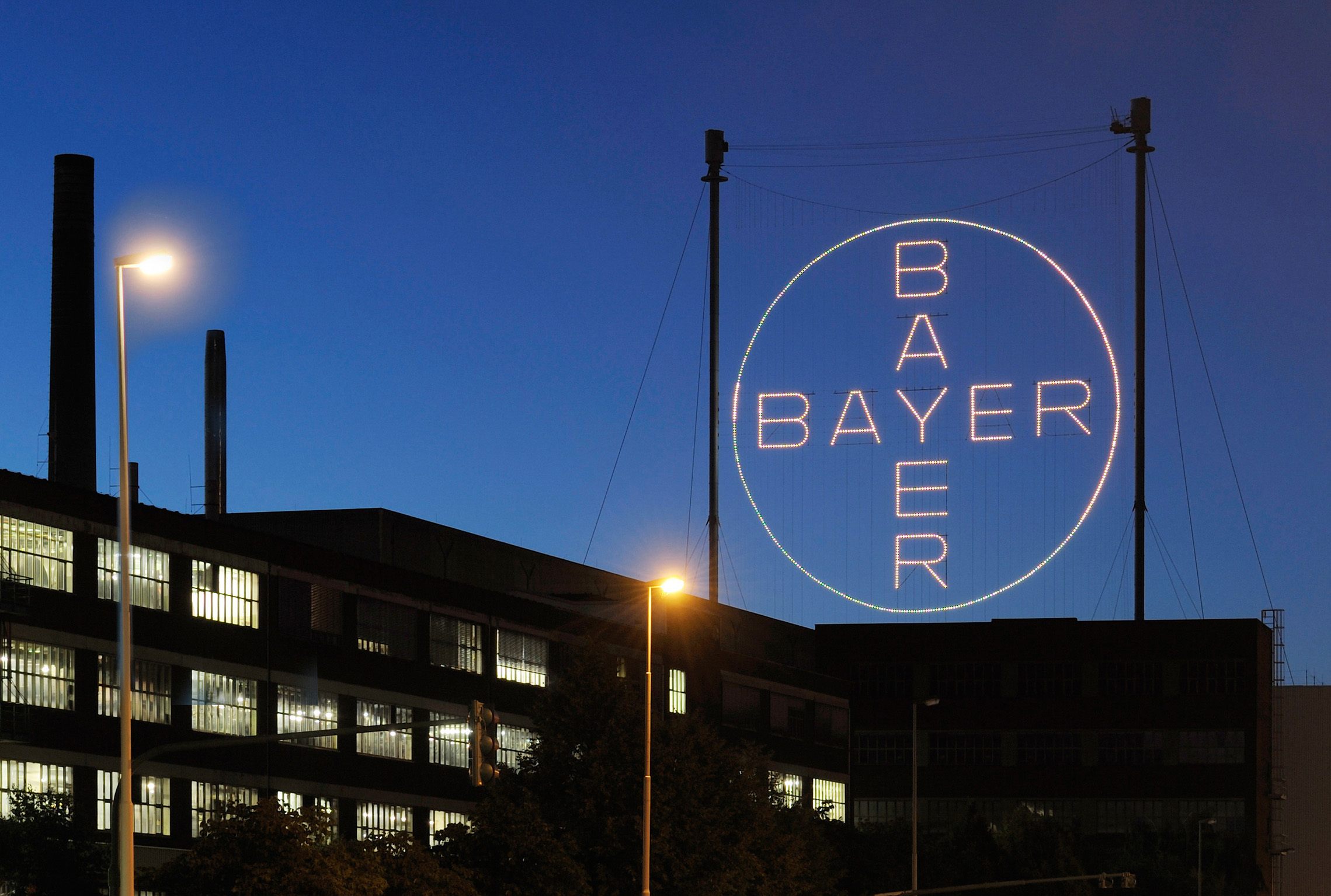Chasing rivals, Bayer files Nubeqa for new prostate cancer use

Bayer has filed for approval to extend the use of its prostate cancer therapy Nubeqa as it tries to achieve labelling parity with rival drugs from Pfizer/Astellas and Johnson & Jonson, and fulfil its aim of €3 billion in peak sales for the drug.
Nubeqa is already making headway in the market as a treatment for non-metastatic, castration resistant prostate cancer (nmCRPC), with sales of €219 million last year, but will need to expand into new forms of the disease if it is to meet its commercial objectives.
Part of that will be to include patients with metastatic, hormone-sensitive prostate cancer (mHSPC) on the label, a group with more advanced disease that is already treated with blockbuster oral androgen receptor inhibitors like Pfizer/Astellas Xtandi (enzalutamide) and J&J's Erleada (apalutamide).
The latest filings for Nubeqa in the US and Europe are based on the ARASENS trial which showed that adding the drug to androgen deprivation therapy (ADT) and docetaxel chemo led to a statistically significant improvement in overall survival (OS) compared to ADT plus docetaxel and placebo.
The risk of death was significantly lower – by around 33% – in the Nubeqa group compared to the placebo group, according to the results, which were published in the New England Journal of Medicine in February.
There was also a big increase in the duration of response, from a media of just under 17 months to 41 months.
Around 95% of prostate cancers are localised at diagnosis and treated with surgery or radiotherapy, but tend to relapse. When this happens, the first line of drug treatment for hormone-sensitive tumours is ADT, with chemotherapy layered on top if needed. Most men with metastatic CSPC will eventually progress to CRPC, which has poor survival prospects.
"For men with mHSPC, there remains a high need for new treatment options that can extend overall survival and delay the progression to CRPC," said Christine Roth, Bayer's head of oncology.
Bayer and its development partner for Nubeqa – Finland's Orion Pharma – reckon that their drug may have a safety advantage that will help it wrest market share from Xtandi and Erleada, and the ARASENS data has prompted them to triple their peal sales forecast for the drug from €1 to €3 billion.
Some analysts think however that may be a tough given that the efficacy of the drugs are comparable, and physicians have more experience with the Pfizer/Astellas and J&J therapies.
Hitting that heady sales target will depend on other new indications for Nubeqa as well including adjuvant (post-surgery) use of Nubeqa in localised prostate cancer with a high risk of recurrence.
The drug is one of three that Bayer is hoping will help it weather that impact on revenues, along with recently-approved diabetic kidney disease therapy Kerendia (finerenone) and elinzanetant for menopausal symptoms.












